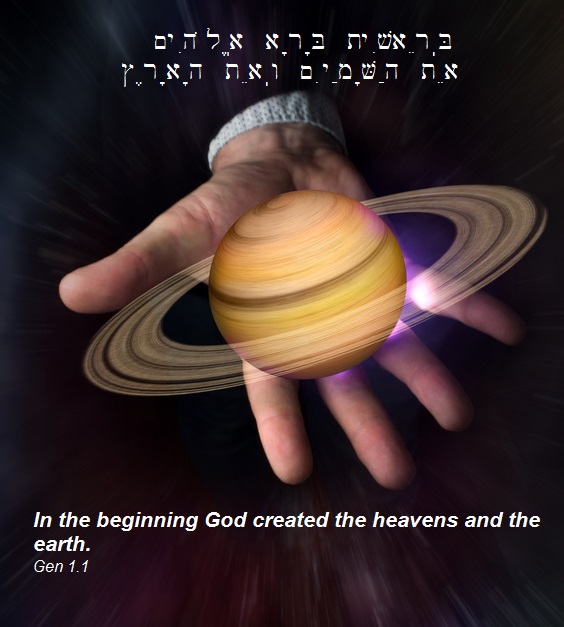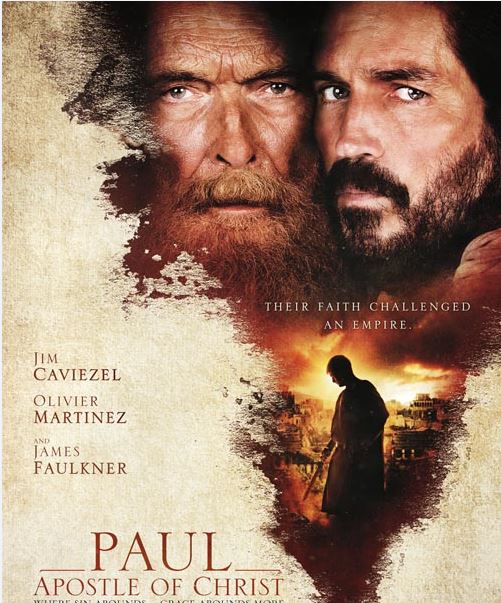
In the beginning… Gen 1.1
Editor’s note: This is in response to Tom Gilson’s article “Young Earth or Old? The Debate That Divides Christians — But Shouldn’t“[1] Normally I wouldn’t bother posting a comment on an article I’ve read to this site, but I’m making an exception here because 1. This is a topic I’ve written on a number of times on this site, so it’s fitting here and 2. For some reason my comment remains marked as “spam” and thus is not visible under Tom’s article, though I’ve indicated it’s not spam. And rather that speculate why it remains unpublished as of this writing I offer it to you here in its entirety, with a few added notes for clarification.
– Duane
Tom, you’re usually right on the mark, but here you’re advocating a very dangerous position. You’re basically advocating “leave it to the experts.” You’re stating this issue is so complex it requires “a high level of expertise in multiple fields, including biblical Hebrew, Ancient Near East literature and culture, and four or five major branches of science.” Continue Reading









